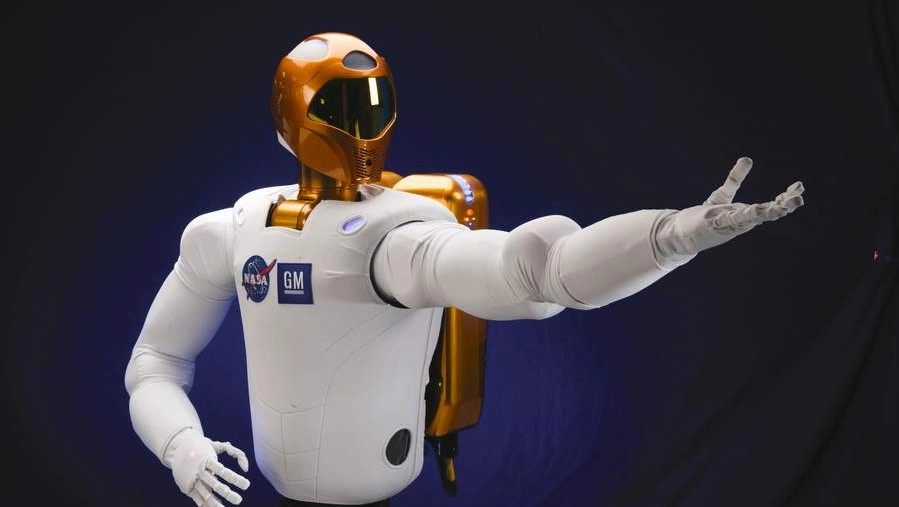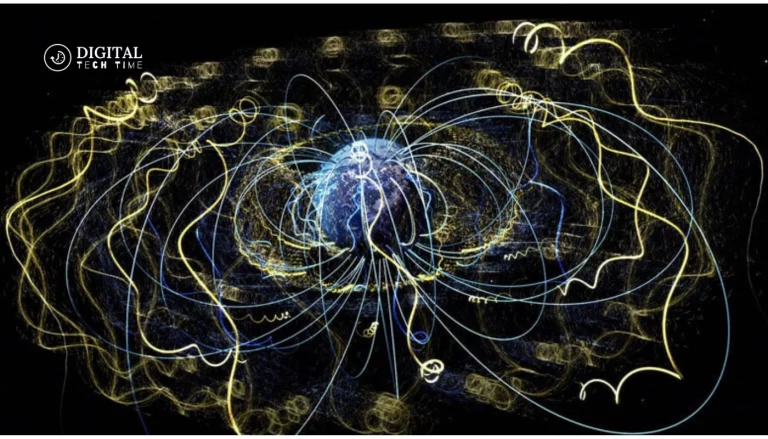Sci-Fi Legends Who Transformed Today’s Technology
As an avid technology enthusiast, I’ve always been fascinated by the remarkable ways in which science fiction has shaped the world today. From the visionary ideas of Jules Verne to the groundbreaking concepts of Isaac Asimov, these pioneering sci-fi legends have left an indelible mark on the technological landscape, paving the way for innovations that have revolutionized our daily lives.
In this article, we’ll delve into the captivating stories of these literary trailblazers, exploring how their imaginative works have inspired and influenced the technologies we now take for granted.
Table of Contents
The Influence of Sci-Fi on Technology
Science fiction has long been a powerful source of inspiration for technological advancements. By envisioning the possibilities of the future, these visionary authors have challenged the boundaries of human ingenuity, pushing us to transform their fictional concepts into tangible realities.
Through their vivid narratives, sci-fi writers have entertained us and served as prophets, anticipating the technological breakthroughs that would shape the world to come. From the communicators of “Star Trek” to the virtual reality landscapes of “Neuromancer,” these literary masterpieces have paved the way for the development of smartphones, the Internet, and the ever-expanding realm of digital technology.
Jules Verne – The Visionary Writer
At the forefront of this literary revolution stands the legendary Jules Verne, often called the “Father of Science Fiction.” His captivating tales, such as “Twenty Thousand Leagues Under the Sea” and “Around the World in Eighty Days,” captivated readers and showcased his remarkable foresight.

Verne’s visionary ideas about underwater exploration, space travel, and advanced modes of transportation were far ahead of their time, and many of his predictions have since become a reality. From the development of modern submarines to the advent of space exploration, Verne’s influence can be seen in the technologies that shape our world today.
Isaac Asimov – The Father of Robotics
Another iconic figure in the pantheon of sci-fi legends is Isaac Asimov, the prolific author and the “Father of Robotics.” Asimov’s seminal works, such as the “Foundation” series and the “Robot” series, delved deeply into the complex realms of artificial intelligence, robotics, and the ethical dilemmas that arise from their advancement.
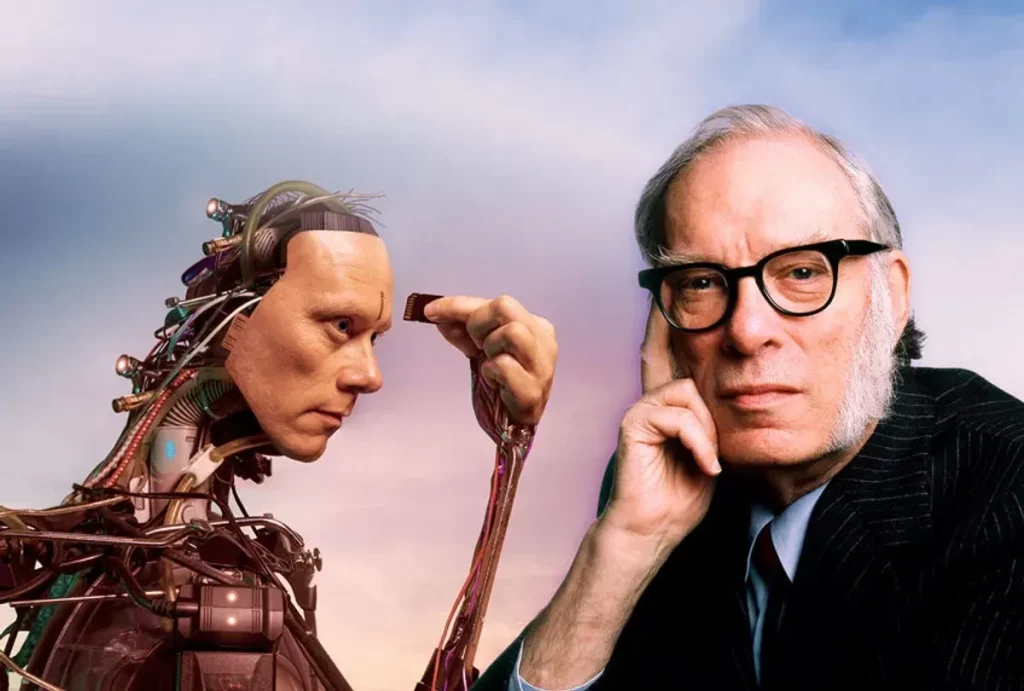
Asimov’s famous “Three Laws of Robotics,” introduced in his stories, has become a cornerstone of modern robotics, guiding the development of intelligent machines and shaping how we interact with them. His prescient visions of a future dominated by advanced robots and AI have paved the way for the remarkable technological advancements we now witness in fields like automation, machine learning, and autonomous systems.
H.G. Wells – The Prophet of the Future
Another titan of the sci-fi genre is H.G. Wells, whose visionary works have left an indelible mark on the technological landscape. Known as the “Father of Science Fiction,” Wells’ stories, such as “The Time Machine” and “The War of the Worlds,” have not only captivated audiences but have also served as a blueprint for future innovations.
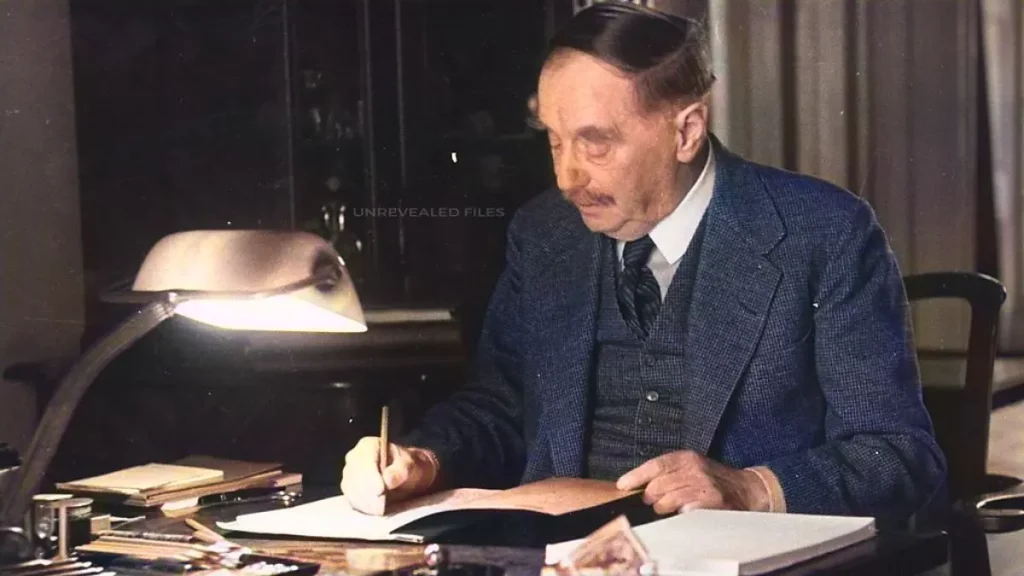
Wells’ imaginative depictions of time travel, alien invasions, and futuristic technologies have inspired countless inventors, engineers, and scientists to push the boundaries of what is possible. From the development of modern rocketry to genetic engineering advancements, Wells’ influence can be seen in the foundations of the technological marvels we enjoy today.
Arthur C. Clarke – The Mastermind Behind Satellite Communication
Among the most influential sci-fi authors of the 20th century is Arthur C. Clarke, whose groundbreaking work has had a profound impact on satellite communication. Clarke’s 1945 proposal for the use of geostationary satellites for global communication, outlined in his essay “Extra-Terrestrial Relays,” laid the foundation for the satellite technology we now rely on for everything from global positioning to worldwide internet access.
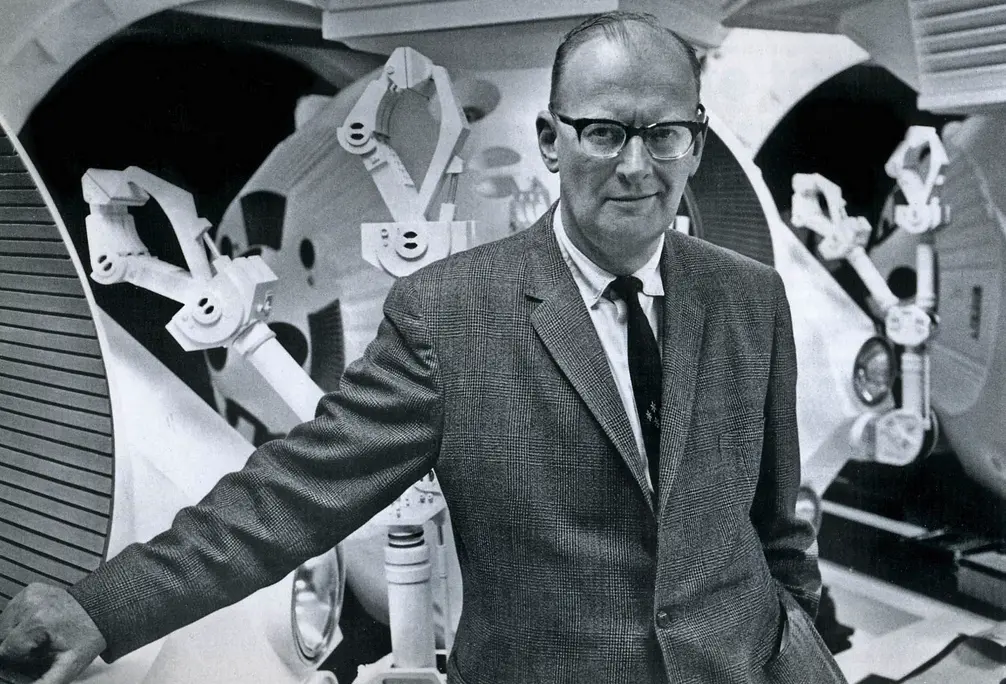
Clarke’s visionary ideas, first presented in the pages of his science fiction stories, have become an integral part of the modern telecommunications infrastructure, transforming how we connect across vast distances. His contributions have been instrumental in shaping the technological landscape we inhabit today.
Philip K. Dick – The Mind Behind Artificial Intelligence
Another sci-fi luminary who has left an indelible mark on the world of technology is Philip K. Dick. Known for his thought-provoking narratives that explored the nature of reality, Dick’s works have been a wellspring of inspiration for the development of artificial intelligence and virtual reality.

Dick’s stories, such as “Do Androids Dream of Electric Sheep?” and “Minority Report,” delved into the ethical and philosophical implications of AI, anticipating the complex challenges we now face as this technology becomes increasingly integrated into our daily lives. His visionary ideas have influenced the work of researchers and engineers, pushing the boundaries of what is possible in the realm of machine intelligence and human-computer interaction.
Ray Bradbury – The Pioneer of Home Automation
The legendary Ray Bradbury, known for his captivating tales of dystopian futures and technological wonders, has also left an indelible mark on the world of technology. His seminal work, “The Veldt,” published in 1950, eerily predicted the advent of smart home technology and the potential pitfalls of automation.

Bradbury’s imaginative depiction of a futuristic home that catered to its inhabitants’ every need, complete with automated systems and virtual reality environments, foreshadowed the emergence of the modern smart home and the rise of home automation technologies. His visionary ideas have inspired engineers and designers to create devices and systems that now permeate our daily lives, from voice-controlled assistants to self-regulating appliances.
William Gibson – The Creator of Cyberspace
The final sci-fi legend on our list is William Gibson, the acclaimed author often credited with coining the term “cyberspace” and for his groundbreaking work in the cyberpunk genre. Gibson’s novel Neuromancer, published in 1984, introduced readers to a vivid, immersive digital landscape that would later become the foundation for the Internet and the virtual worlds we now inhabit.

Gibson’s prescient vision of a future where individuals could seamlessly navigate and interact with a vast, interconnected digital realm has profoundly impacted the development of modern computing, virtual reality, and the ever-expanding digital landscape. His work has inspired countless technologists, programmers, and visionaries to push the boundaries of what is possible in the digital realm, paving the way for the ubiquitous digital ecosystems we now rely on.
Related Post: Generalist AI Agent in 3D Virtual Environments
The Legacy of Sci-Fi Legends in Today’s Technology
The enduring legacy of these sci-fi legends can be seen in the very technologies that have transformed our world. From the smartphones in our pockets to the satellites that connect us globally, the ideas and visions of these pioneering authors have been realized, shaping the technological landscape we now inhabit.
As we continue to push the boundaries of what is possible, it is crucial to recognize the profound influence that these sci-fi visionaries have had on the development of the technologies we now take for granted. Their imaginative works have entertained us and served as a roadmap for the future, inspiring generations of innovators to turn the impossible into reality.
Conclusion
In the ever-evolving world of technology, the impact of these sci-fi legends cannot be overstated. Their visionary ideas, woven into the fabric of captivating narratives, have served as a catalyst for the remarkable advancements we now witness in fields ranging from robotics and artificial intelligence to space exploration and global communication.
As we continue to marvel at the technological marvels that surround us, let us not forget the pioneering authors whose boundless imaginations paved the way for these innovations. Their legacies live on, inspiring us to push the boundaries of what is possible and embrace science fiction’s transformative power.
To learn more about the influential sci-fi legends who have shaped the technology of today, be sure to subscribe to our blog and stay up-to-date on the latest insights and analysis. Together, let’s explore the captivating intersection of literature and technology and uncover the untold stories that have transformed our world.

